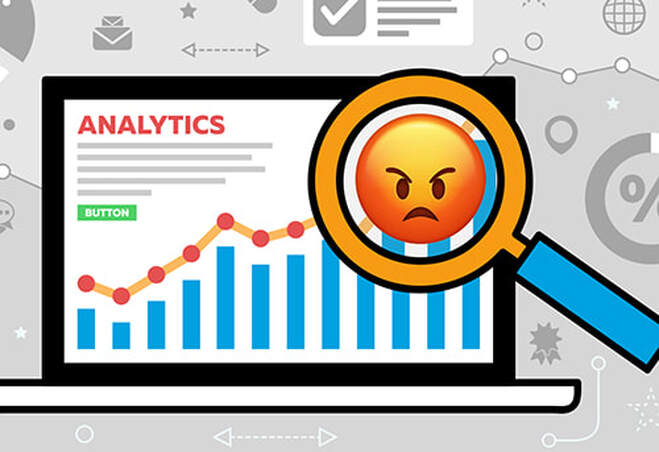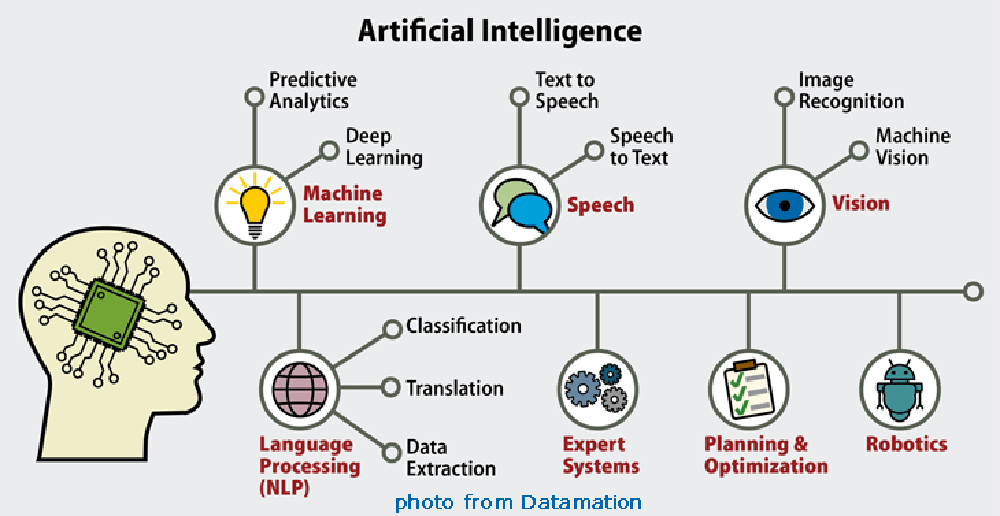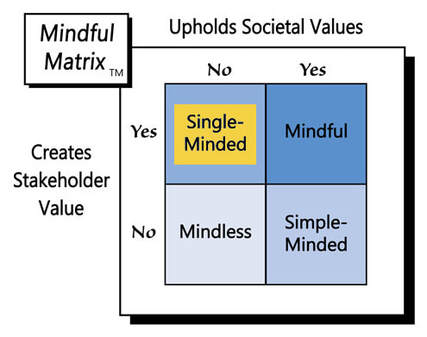A friend recently shared with me his exasperation in dealing with one of the big Internet-TV-phone providers. For many months, his home Wi-Fi was having significant problems, which the provider finally sent a technician to fix, but only after many futile and often infuriating phone calls.
When the contract ended, my friend considered all his options, including giving the current provider a chance to keep his business. After several more frustrating phone calls, however, the best the provider would offer was a price about $20/month higher than he had been paying and than “new customers” could get.
So, he cancelled his account and switched to another company. Only then did the original provider call him with a competitive price and a plea, “Please come back to us,” but it was too late.
Unfortunately for it, the company passed the point of no return. Some other firms, however, have found how to step right up to that loss line without crossing it. Their secret is ‘big data.’
According to a recent Wall Street Journal (WSJ) article, certain companies now use data analytics and artificial intelligence (AI) to determine “how far a customer can be pushed until their heads explode.” The practice gauges how angry a customer can get right before they leave a business, then uses that knowledge to guide customer service and other marketing practices.
At first glance, such tactics may seem questionable, but could it be that these companies are on to something and consumers just need to consider ‘the bigger picture,’ beyond their immediate ire? Although these organizations might minimize customer support, maybe the cost savings and efficiencies they find will lead to lower prices or benefit customers in other ways.
Some question the ethics of AI, particularly whether it will take people’s jobs, but AI used properly can improve marketers’ performance and better serve customers. “How AI Can Improve Your Job Not Steal It” highlights these benefits, including the automation of time-consuming manual processes. Marketers also can use AI for data analysis, personalization, optimization, testing, digital asset management, automated campaigns and offers, content creation, and programmatic ad buying.
“How AT&T Uses Machine Learning to Better Serve Customers” describes how the communication giant uses AI in customer service to make predictions and provide intelligence to managers in near real-time that helps them answer questions like: “Were my customers happy or not?” “If I put them on hold did that make them unhappy?” and “Did my agent solve their problem the first time?”
In a recent post on AT&T’s technology blog, the firm explains how it’s using AI to improve experiences for customers, such as by building 5G, optimizing network traffic and speed, fighting robocalls, and making sure technicians arrive on time. AT&T adds that it uses AI to personalize customer interactions and “to enable friction-free, always available, customer powered problem-solving solutions.”
But, do systems that push consumers to the brink of breakdown solve problems or create them? In those tenuous cases, AT&T’s customers probably aren’t experiencing the standards set out in the firm’s AI Guiding Principles, which suggest that the technology should be: 1) By people, for people, 2) Accessible and shared, and 3) Secure and ethical.
These new analytics systems track things such as how long a customer will wait for a human to answer the phone and how many ads they will listen to before hanging up. AI can analyze behavior, personalities and tone of voice to determine what each person will tolerate. One expert, Mark Shaefer, author of Marketing Rebellion: The Most Human Company Wins, calls this use of AI “the worst marketing tactic ever.”
The WSJ shares a story similar to the unfortunate personal experience mentioned above. An AT&T customer had to make six calls and spend four hours on the phone to get the company to change her plan. Only when she asked to have her number transferred to Verizon did AT&T honor her original request.
So, what’s the bottom-line? Data analytics and AI certainly can make customer service more efficient and effective, which should mean better company performance and increased income that can benefit both shareholders and employees.
However, even if a company can ‘get away with it,’ using these tools to push people to anger isn’t strong support for societal values like fairness and respect. There’s enough anger in the world and angst in people’s lives. We don’t need companies intentionally adding more.
It’s great that more organizations are leveraging the latest technological trends to help power customer service, but using those tools to manage human emotions and manipulate people to madness should be seen as “Single-Minded Marketing.”
Learn more about the Mindful Matrix and Mindful Meter.
Check out Mindful Marketing Ads and Vote your Mind!




 RSS Feed
RSS Feed